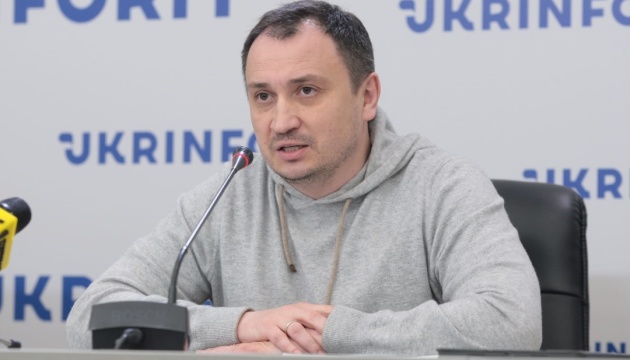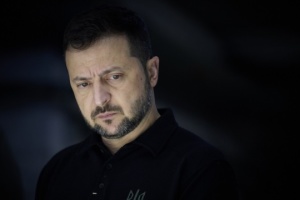
Solskyi: ‘Grain deal’ actually didn’t work for month
"Over the past month, we lived in conditions where the agreement was in effect de jure but practically did not work de facto. Because the number of ships was reduced to a minimum, and we, in principle, were already exporting by some other routes. New ships did not enter. The business understood that the chances of extension [of the deal] were doubtful. This is not something new. We are ready for this – it’s true. It is also true that it gets more difficult for us. It’s also obvious that we want the corridor to be restored," Minister of Agrarian Policy and Food of Ukraine Mykola Solskyi said during the United News telethon, an Ukrinform correspondent reports.
The minister emphasized that as long as the war started by Russia continues, the issue of security will always be relevant. It is impossible to predict the actions of the Russians, but this "is not a reason for us to stop and wait."
Solskyi noted that since April last year, Ukraine has been actively using its Danube ports and canals that pass through the territory of Romania. He also thanked Croatia for the offer to provide its ports but explained that this route is "partially viable, there is no panacea."
"No port will solve all problems. This is a route that tentatively goes through Zakarpattia region, Hungary, primarily for containers. It's not new, we have companies that have tried it, this volume is hundreds of thousands, and we need millions," Solskyi explained.
In addition, he said that with such an approach it would be possible to use the ports of Slovenia, Italy, as well as Lithuania, Latvia, Germany, and the Netherlands.
Commenting on the statement by five EU countries regarding the demand to extend the ban on the import of Ukrainian agricultural products, Solskyi emphasized that this issue should be discussed and resolved together with the European Commission, but Ukraine was not asking for much but only insisted on the usual rules of free trade.
"We are trying to conduct this communication with a clear head, but with a firm intention to protect our farmers and interests. In my opinion, we have moments that need to be discussed, which will give all participants a chance to get out of this situation with dignity," the minister said.
As reported, on July 17, Russia announced the termination of the agreement with Türkiye and the UN regarding the Black Sea Grain Initiative.
In May 2023, the European Commission banned the import of wheat, maize, rapeseed, and sunflower seed from Ukraine to Bulgaria, Hungary, Poland, Slovakia, and Romania at the insistence of these countries. On June 5, the ban was extended until September 15, 2023.
On July 19, the ministers of agriculture of the mentioned five EU countries adopted a joint statement demanding the extension of the European Commission's decision until the end of the year.




